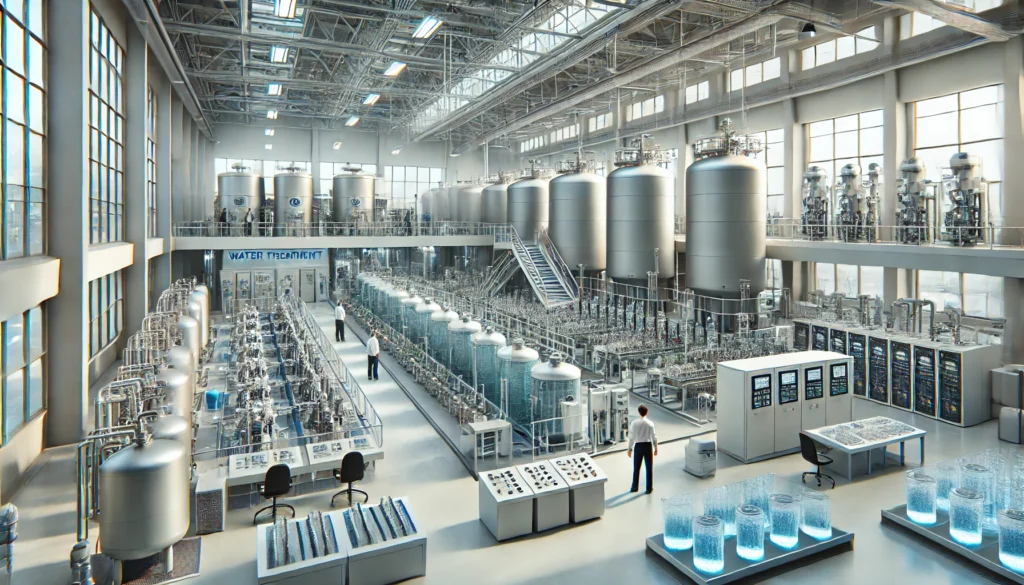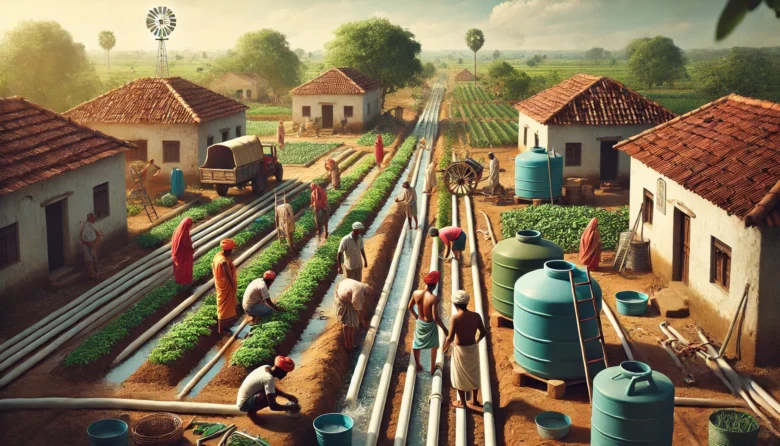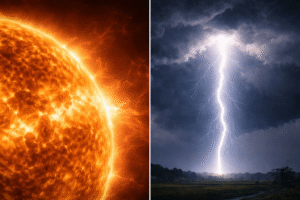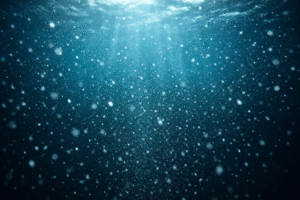Water is the lifeline of our existence, yet we often take it for granted. In a country like India, where many regions suffer from severe water scarcity, understanding the economics of water conservation becomes crucial. This blog explores how conserving water can lead to significant economic benefits, the challenges we face, and how we can overcome them. So, let’s dive into “The Economics of Water Conservation.”
Introduction
Imagine turning on your tap and finding it dry. For many people in India, this is a daily reality. Water conservation is crucial not only for environmental reasons but also for economic stability. By conserving water, we can save money, boost our economy, and ensure a sustainable future for everyone. Let’s explore how water conservation impacts our economy and why it’s so essential for India’s development.
The Cost of Water Waste
Water waste isn’t just about lost resources; it’s about lost money. When we waste water, we waste the energy and resources used to pump, treat, and transport it. For example, municipalities spend millions on water infrastructure, and inefficiencies can lead to higher costs for everyone. In rural areas, farmers depend heavily on water for irrigation. Inefficient water use leads to lower crop yields and financial losses.
Case Study: Chennai Water Crisis
In 2019, Chennai, one of India’s major cities, faced a severe water crisis. The city ran out of water, leading to massive economic disruptions. Businesses shut down, and residents had to spend hours collecting water from tankers. The economic impact was enormous, highlighting the need for better water management.
Economic Benefits of Water Conservation
Water conservation can lead to substantial economic benefits. Here’s how:
Reduced Costs
By using water more efficiently, households and businesses can significantly reduce their water bills. For instance, simple measures like fixing leaks, using water-saving appliances, and adopting efficient irrigation methods can save a lot of money.
Increased Agricultural Productivity
Agriculture consumes about 80% of India’s water resources. By adopting water-saving techniques like drip irrigation and rainwater harvesting, farmers can ensure better crop yields and higher incomes. This not only boosts the agricultural sector but also ensures food security.

Energy Savings
Water conservation leads to energy savings. Pumping, treating, and transporting water require a lot of energy. By using less water, we reduce the energy needed, leading to lower electricity bills and reduced greenhouse gas emissions.
Job Creation
Investing in water conservation projects can create jobs. From building rainwater harvesting systems to maintaining efficient irrigation networks, these projects provide employment opportunities, especially in rural areas.
Resilience to Climate Change
Water conservation makes us more resilient to the impacts of climate change. With unpredictable rainfall patterns and increasing temperatures, efficient water use ensures that we have enough resources during dry periods, reducing the economic impact of droughts.
Challenges in Water Conservation
Despite the clear economic benefits, water conservation faces several challenges in India:
Lack of Awareness
Many people are unaware of the importance of water conservation and its economic benefits. Education and awareness campaigns are crucial to change this mindset.
Infrastructure Issues
India’s water infrastructure is often outdated and inefficient. Leaky pipes, poor water management practices, and inadequate treatment facilities lead to significant water loss.
Policy and Regulation
Effective water management requires strong policies and regulations. While some states have implemented progressive water policies, others lag behind. Consistent and enforced regulations are essential for nationwide water conservation.
Financial Constraints
Implementing water conservation measures can be expensive. Many farmers and households cannot afford the initial investment required for efficient irrigation systems or water-saving appliances.
Climate Change
Climate change significantly complicates water conservation efforts. The unpredictable weather patterns make planning and managing water resources a challenging task.
Solutions and Strategies
To overcome these challenges and reap the economic benefits of water conservation, we need a multi-faceted approach:
Education and Awareness
Awareness campaigns should highlight the economic benefits of water conservation. Schools, communities, and media can play a crucial role in spreading this message.
Investment in Infrastructure
Upgrading our water infrastructure is essential. Governments should invest in modernizing water treatment plants, repairing leaky pipes, and building efficient irrigation systems.
Policy Reform
Strong and consistent policies are needed to promote water conservation. Governments should incentivize water-saving practices and penalize wastage.
Financial Support
Providing financial support to farmers and households for water-saving technologies can encourage adoption. Subsidies, low-interest loans, and grants can make these technologies more accessible.
Climate Adaptation Strategies
Developing climate adaptation strategies is crucial. This includes building reservoirs, promoting rainwater harvesting, and implementing efficient water management practices to ensure a stable water supply.
Conclusion
The economics of water conservation is clear: saving water saves money and boosts the economy. By identifying and tackling these challenges, we can harness the economic advantages of water conservation and secure a sustainable future for India. Let’s work together to make every drop count!
Author’s Note
Thank you for reading this blog on the economics of water conservation. I hope it has shed light on the importance of using water efficiently and the economic benefits it brings. Let’s all do our part to conserve this precious resource. If you have any thoughts or questions, please share them in the comments section below.
G.C., Ecosociosphere contributor.




